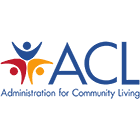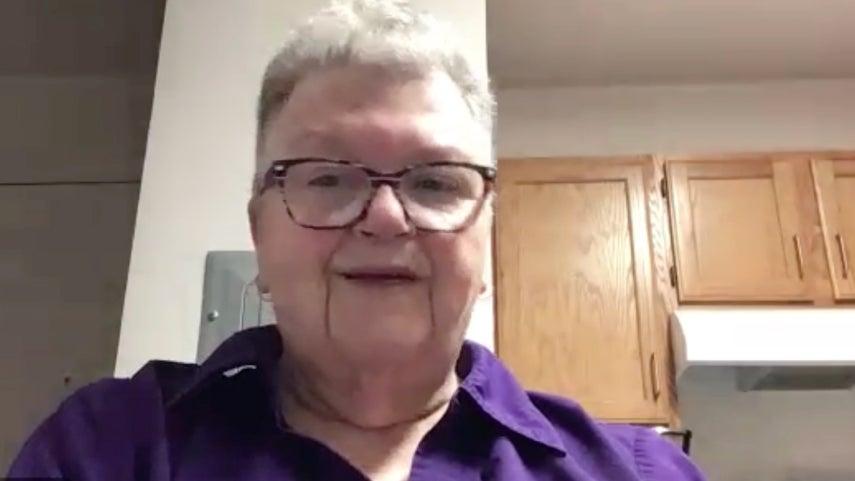Economic Well-Being

Today’s 65-year-old can expect to live another 20 years, according to the Social Security Administration. This unprecedented gift of longevity brings with it exciting opportunities—and a price tag. Unlike their parents and grandparents, today’s pre-retirees and retirees face a vastly different retirement security landscape:
- More than 17 million Americans age 65+ are economically insecure—living at or below 200% of the federal poverty level($29,160 per year for a single person in 2023).
- These older adults struggle with rising housing and health care bills, inadequate nutrition, lack of access to transportation, diminished savings, and job loss.
- For older adults who are above the poverty level, one major adverse life event, like falling victim to an online scam or losing income, can change today’s realities into tomorrow’s troubles.
How NCOA supports older adults and people with disabilities with limited means
NCOA creates financial education and resources, and conducts research to support policy solutions, through the following initiatives led by our Center for Economic Well-Being:
- Determining the true cost of growing older in America through the Elder Index™ . Developed by the Gerontology Institute at the University of Massachusetts Boston with Wider Opportunities for Women (WOW), the Elder Index is a measure of the income that older adults need to meet their basic needs and age in place with dignity.
- Increasing public awareness and educating professionals about the nation's retirement crisis, through research that demonstrates the true scope of financial insecruity. NCOA worked with the LeadingAge LTSS Center @ UMass Boston to examine both the challenge and potential solutions, like optimizing Social Security, accessing benefits, and improving long-term care.
- Understanding the barriers women face to achieving health and economic security across their lifespan. New results from What Women Say, a new national survey from NCOA and the Women's Institute for a Secure Retirement find women are even less confident about being financially secure or having the information they need to prepare for retirement.
- Providing training opportunities and temporary community service work for older adults seeking re-enter the workforce through the Senior Community Service Employment Program (SCSEP). As the nation’s oldest program helping low-income, unemployed individuals over 55, SCSEP matches eligible older adults with part-time training assignments and temporary community service work.
- Creating BenefitsCheckUp®, Budget CheckUp, and Job Skills CheckUp, free online tools that help people find and apply for benefits programs, provide practical tips on how to create a monthly budget and manage their money, and navigate the challenges (and opportunities) of returning to work.
- Partnering with organizations like Nationwide to guide older adults in making decisions that will improve their economic well-being today and into the future, and Avast (now Norton) and Zelle to empower people with education to spot and avoid online scams.
Explore our economic security resources below and help NCOA address the needs of older adults in economic distress.
Get the Facts on Economic Security for Seniors
More than 17 million adults age 65+ are economically insecure, with incomes below 200% of the federal poverty level. These older adults face rising housing and health care bills, inadequate nutrition, lack of access to transportation, diminished savings, and job loss.
NCOA Partners in Economic Well-Being
The Latest in Economic Security
The Top 5 Financial Scams Targeting Older Adults

What Are Social Security Work Credits?









